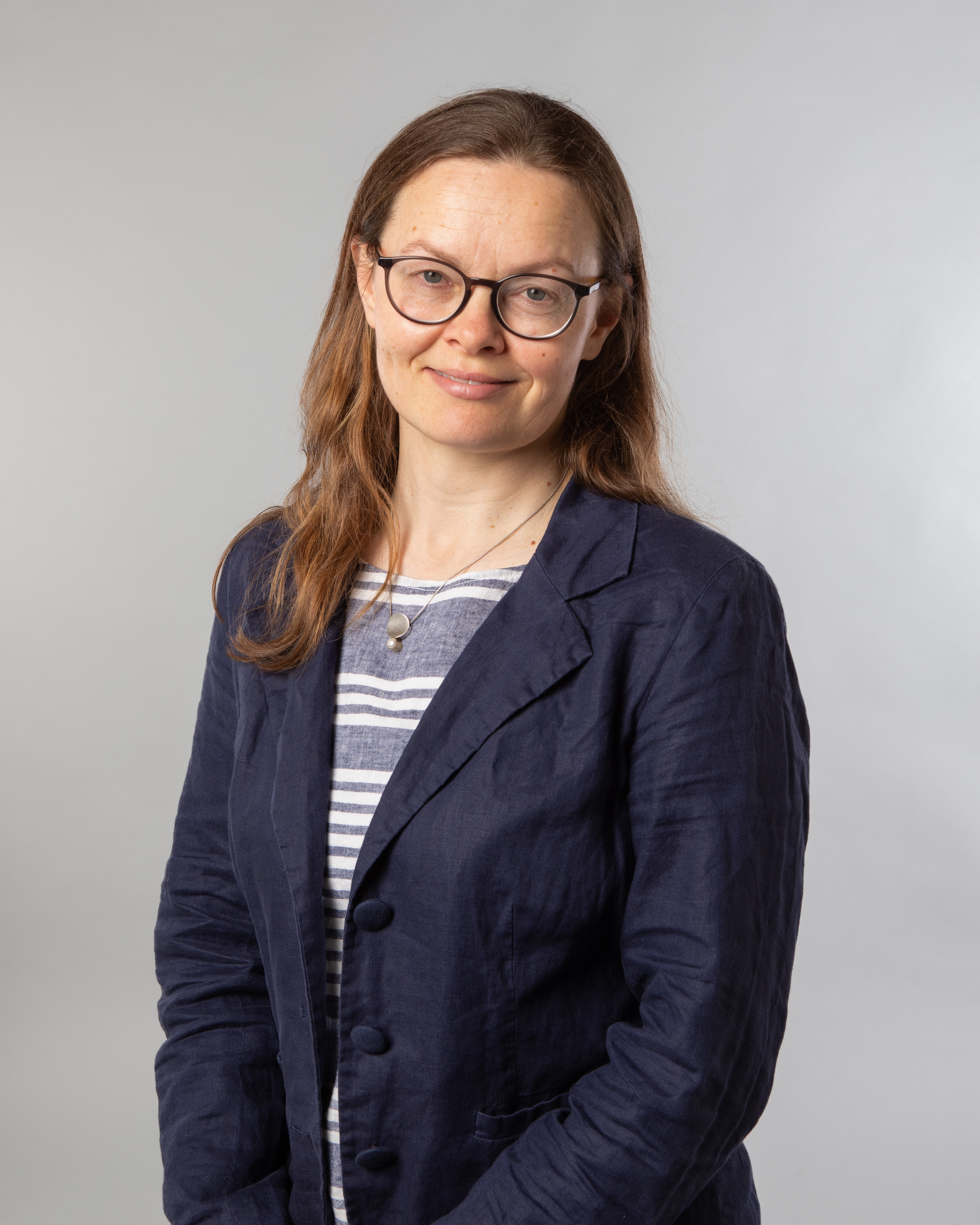A new process for strategic metal production with near-zero greenhouse gas emissions would radically alter the environmental footprint of rare earth elements and refractory metals. These niche materials are critical for the new, low-emissions economy i.e. electric vehicles; wind, solar and hydrothermal power generation and storage; superconductors and most modern electronics.
Current production of these metals is hampered by the chemical similarity of elements that are found in mixed ores. For rare earths, for example, a series of chemical separations, each with a low efficiency, is used to sequentially obtain each metal from the mixed ore.
In this project, we aim to develop molten oxide electrolysis (MOE) routes for processing including the development of inert anodes to prevent greenhouse gas (CO2) generation during industrial production. The research will involve both thermochemical predictions using the CALPHAD method as well as high-temperature electrochemical experiments. Our MOE-by-design approach will use model electrolytes to build knowledge of electrochemistry before moving to industrial feedstock-based electrolyte chemistries.
The interdisciplinary team, led by Prof Bishop, comprises Prof Matthew Watson (Chemical and Process Engineering, UC) Prof Aaron Marshall (Chemical and Process Engineering, UC) and Prof Chris Bumby (Robinson Institute, Victoria University of Wellington).
Supervisors
Supervisor: Catherine Bishop
Key qualifications and skills
An ideal candidate would have previous experience in electrochemistry, materials modelling and high temperature experimental work. The student is likely to have an Honours or Masters degree in a discipline such as materials science and engineering, chemical engineering or electrochemistry. This is part of an international collaboration funded by the New Zealand Ministry of Business, Innovation and Employment, and excellent communication skills are required.
Does the project come with funding
Yes - $30,000 pa, plus fees
Final date for receiving applications
Ongoing
Keywords
Electrochemistry; oxides; critical metals; molten oxide electrolysis; primary processing; materials and chemical engineering


